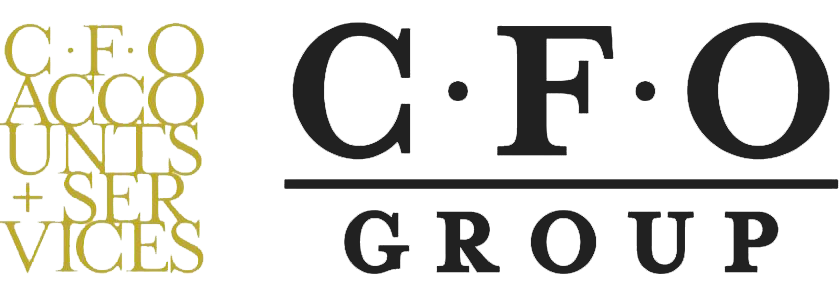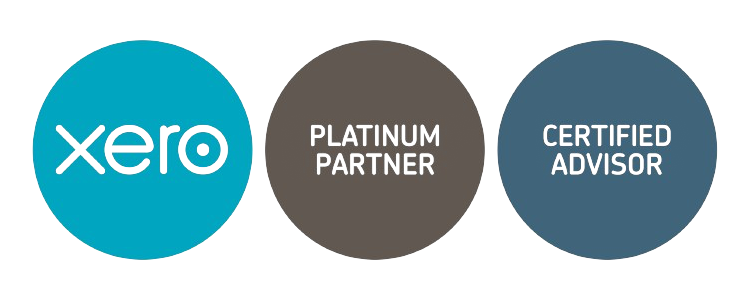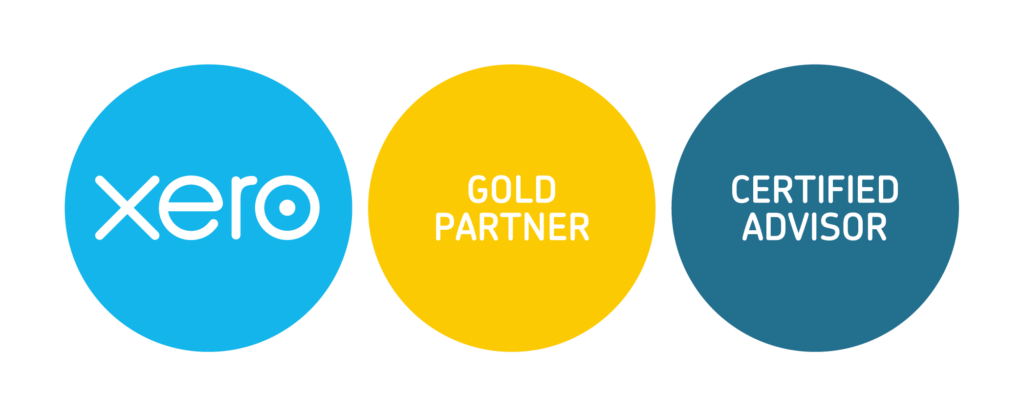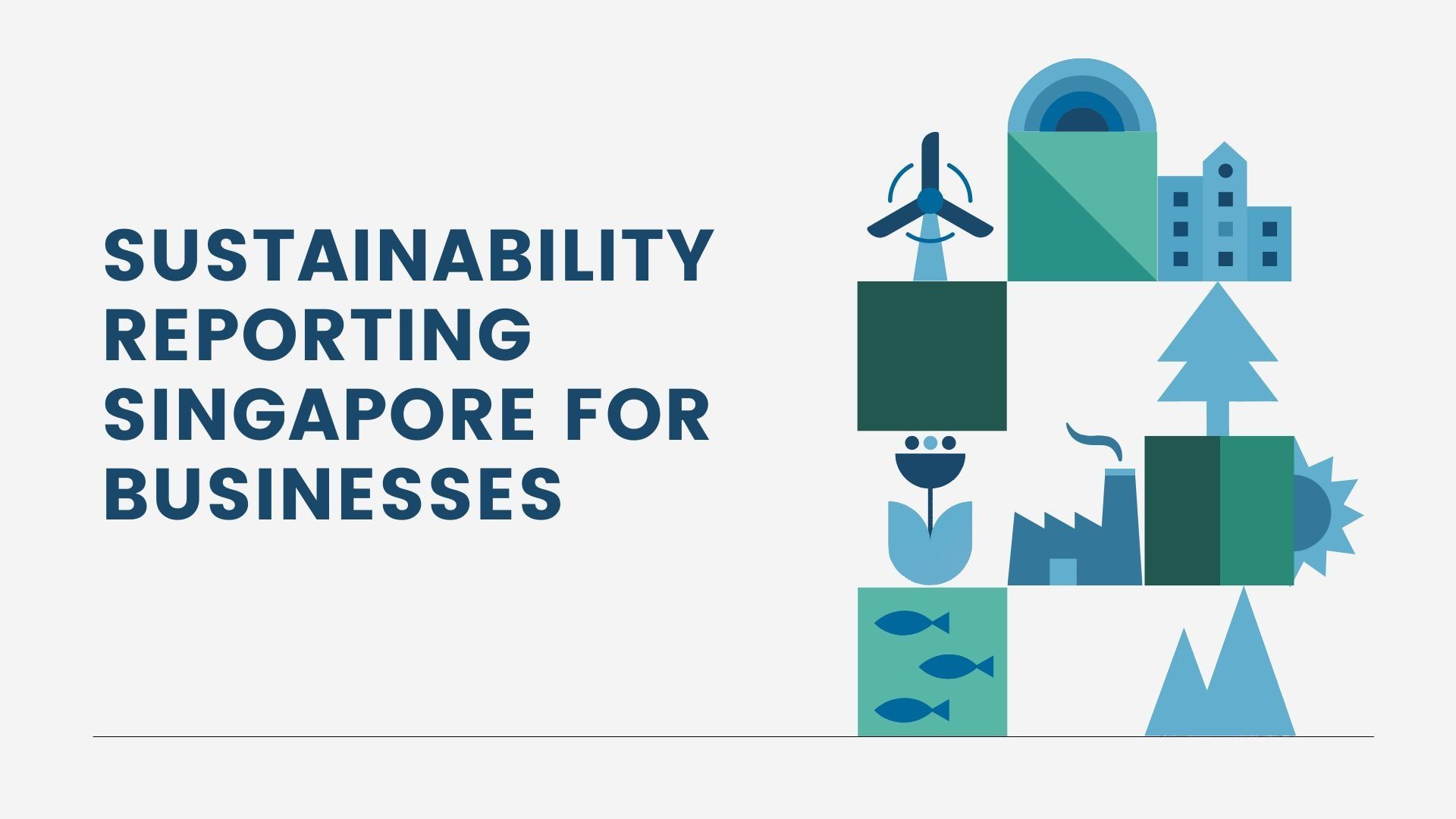CFO GROUP INTEGRATED SERVICES
Essential Guide to Sustainability Reporting Singapore for Businesses
CFO Group • November 19, 2024
What is Sustainability Reporting by the International Sustainability Standards Board?
Sustainability Reporting Defined: Why It Matters
Sustainability reporting isn’t just an obligation; it’s a strategic asset. As more stakeholders demand accountability, businesses must demonstrate that their impact on the environment and society is positive. By embracing sustainability reporting, Singaporean companies can signal to stakeholders—including investors, customers, and regulators—that they prioritize transparency and long-term resilience. Incorporating sustainability practices into their ESG reporting helps companies comply with evolving regulations, improve transparency, and mitigate risks, demonstrating a commitment to social and environmental governance. This growing trend not only improves corporate reputation but can also uncover inefficiencies, leading to operational cost savings and enhanced risk management.
Singapore’s Journey Towards Mandatory Sustainability Reporting
The SGX mandate of 2016 marked a turning point, prompting publicly listed companies to disclose ESG performance metrics. The SGX Sustainability Reporting Guide, introduced alongside the mandate, outlines essential factors that companies should assess and report. Emphasizing materiality, the guide helps businesses prioritize ESG issues that directly impact their industry. The Singapore government and SGX continue to advance reporting requirements, aligning Singapore’s sustainability reporting landscape with international standards and reinforcing the nation’s leadership in responsible corporate practices.
SEM is technically an umbrella term encompassing all search engine marketing, but it's generally used to discuss paid search marketing. When speaking specifically about organic marketing, we're talking about SEO.
Structuring Your Compensation Package
Creating an effective compensation package involves more than setting a salary. You must consider how your compensation interacts with taxes, profits, and distributions. For example, owners of S corporations can structure their compensation to include a mix of salary and profit distributions, which may reduce self-employment tax obligations. Meanwhile, sole proprietors and partners should be mindful of how their full business income affects tax liabilities and deductions.
Engaging a professional, such as a CPA or business consultant, can simplify these decisions. They can guide you through complex tax laws and help you design a compensation package that meets both your personal needs and your business’s financial goals. Thoughtful structuring ensures that your compensation supports your business’s long-term stability and success while optimizing tax benefits.
Tax Considerations for Owner Compensation
Transparent climate disclosures not only position your business to attract climate-conscious customers but also help you qualify for sustainability-focused funds and green finance options. Customers increasingly prefer brands that align with their values, making ESG disclosures a competitive differentiator.
Boost Brand Equity & Appeal to Investors
Investors are actively seeking companies with robust sustainability credentials. Strong sustainability reporting can open doors to capital and investment opportunities that may not be accessible otherwise. Companies prioritizing ESG show that they are resilient, forward-looking, and prepared for regulatory and market changes, making them attractive investments.
Key Elements for Effective Sustainability Reporting
Materiality Assessment
Identify ESG issues most relevant to your industry, business model, and stakeholder expectations. Focusing on material issues not only enhances the credibility of your report but also aligns your sustainability efforts with strategic priorities, enabling you to make meaningful progress.
Clear Reporting
Your sustainability report should not overwhelm readers with technical jargon. Instead, aim for clarity and conciseness. Simple, transparent language helps your audience quickly grasp the most critical information, and a well-structured report ensures easy navigation through your ESG journey.
Stakeholder Engagement
Engagement with stakeholders allows for continuous feedback, ensuring your sustainability goals reflect evolving stakeholder concerns. Establish open communication channels to gauge stakeholder expectations, as this strengthens relationships and enhances report credibility.
Top Sustainability Reporting Frameworks and Standards for Singapore Businesses
Global Reporting Initiative (GRI)
The GRI framework remains a global leader in ESG reporting standards, and many Singaporean businesses utilize it for its clear guidelines and ability to enable comparison with other organizations. By aligning with GRI, companies can bolster credibility, simplify audits, and ensure their disclosures meet international best practices.
Sustainability Accounting Standards Board (SASB)
SEO results appear organically below the paid ads and are often perceived as more trustworthy by users since they are earned through optimization rather than paid for. For example:
ISSB Standards and Singapore: A New Era in Global Reporting
The ISSB’s global standards aim to unify the fragmented ESG reporting landscape. For Singaporean businesses, ISSB adoption is a chance to showcase their dedication to high standards in ESG disclosure. The ISSB’s alignment with major regulatory frameworks ensures that companies meeting these standards are well-prepared to address both regional and international expectations.
Navigating Singapore’s Sustainability Reporting Support Network
The Role of SRAC in Supporting Singaporean Businesses
The Sustainability Reporting Advisory Committee (SRAC) was established to guide companies in meeting regulatory expectations and to foster a thriving ecosystem of sustainable business practices in Singapore. SRAC’s initiatives include research into best practices, developing local standards, and offering training programs to support businesses in their sustainability journeys.
Common Challenges and Practical Solutions in Sustainability Reporting
Data Collection and Management
Data collection can be challenging, especially for businesses new to ESG reporting. Many are investing in automated data management systems to streamline this process. Additionally, working closely with various departments—like procurement and operations—ensures data completeness and accuracy.
Ensuring Data Accuracy
Data verification and accuracy are critical to avoid greenwashing claims. Engaging external auditors and verification bodies strengthens the credibility of reported data. These processes ensure the information shared with stakeholders is both reliable and reflective of actual performance.
Engaging Stakeholders Effectively
Stakeholders increasingly demand transparent communication regarding sustainability progress. Businesses can address this by holding regular updates and providing access to the latest ESG data, helping foster a sense of partnership and trust.
Future of Sustainability Reporting in Singapore: Trends and Business Opportunities
The shift towards climate-related disclosures and investor demand for transparency are significant trends in Singapore’s sustainability reporting landscape. Technology, too, is advancing, with AI-powered analytics providing new ways to assess and track ESG data. For businesses, leading in sustainability reporting means not only meeting regulations but setting benchmarks, attracting top talent, and reinforcing brand loyalty.
Crafting High-Impact Sustainability Reports: Goals, Transparency, and Technology
Set Clear Sustainability Goals
Setting and monitoring measurable goals is the foundation of impactful sustainability reporting. Begin with a long-term vision, break it down into actionable steps, and communicate progress consistently. Clear goals resonate with stakeholders and help to attract investment from ESG-focused funds.
Maintain Transparency
Transparency builds trust. Reporting should be more than just data; it should tell a story about the company’s commitment to sustainability. Regular audits and stakeholder feedback are vital to improving transparency and ensuring that reports reflect true performance.
Streamline with Technology
Technology is an enabler in modern reporting. Embracing AI, blockchain, and cloud-based reporting platforms can make data collection, analysis, and presentation more efficient and secure, enhancing overall data integrity.
Take the Lead in Sustainability Reporting—Make an Impact Today
The future belongs to businesses that take action now. Leading in sustainability reporting not only secures your company’s position in the market but also contributes to a greener Singapore. By focusing on sustainability, businesses can inspire confidence, attract new customers, and strengthen their brand’s legacy for generations to come.
Importance of Sustainability Reporting
Sustainability reporting is the process of disclosing an organization’s economic, environmental, and social performance to stakeholders. It is essential for businesses to adopt sustainability reporting as it helps them to identify and manage risks, capitalize on opportunities, and improve their overall sustainability performance. By engaging in sustainability reporting, companies can demonstrate their commitment to sustainable development, enhance their reputation, and build trust with stakeholders. This practice not only aligns with global sustainability goals but also positions businesses to be more resilient and competitive in the long run.
Brief History of Sustainability Reporting in Singapore
Sustainability reporting in Singapore has a relatively short history, dating back to 2016 when the Singapore Exchange (SGX) introduced the Sustainability Reporting Guide. This guide provided a framework for listed companies to disclose their sustainability performance on a ‘comply or explain’ basis. Since its inception, the SGX has continually updated and refined the guide, with the latest version being released in 2020. In 2021, the Singapore Government announced plans to make sustainability reporting mandatory for listed companies, aiming to promote greater transparency and accountability within the corporate sector. These developments underscore Singapore’s commitment to fostering a sustainable business environment and aligning with international sustainability standards.
Sustainability Reporting Requirements in Singapore
Overview of Current and Future Requirements
Currently, listed companies in Singapore are required to disclose their sustainability performance on a ‘comply or explain’ basis. The SGX has introduced a phased approach to mandatory climate reporting, with listed companies in five prioritized industries required to provide full climate-related disclosures from 2025. Large non-listed companies will be required to make climate-related disclosures from 2027. The Sustainability Reporting Advisory Committee (SRAC) has recommended that non-listed companies be exempt from mandatory reporting if their parent company is already subject to climate reports in Singapore or similar standards. This phased approach ensures that businesses have ample time to adapt to new requirements while promoting a culture of transparency and accountability.
Mandatory Climate Reporting and Exemptions
Mandatory climate reporting will be implemented in a phased approach starting in 2025 for listed companies. Large non-listed companies will follow suit in 2027. The Accounting and Corporate Regulatory Authority (ACRA) has yet to decide whether to extend climate reporting rules to small and medium-sized enterprises (SMEs). The decision will be based on the experiences of listed and large non-listed companies in 2027. Companies will need to disclose information related to their environmental impact, including climate-related risks and opportunities, metrics to measure climate risks, and quantitative targets. This comprehensive approach ensures that businesses are not only aware of their environmental footprint but are also actively managing and mitigating climate-related risks.
Take the Next Step in Your Sustainability Journey with CFO Accounts & Services
Navigating the complexities of sustainability reporting can be challenging, but you don’t have to do it alone. At CFO Accounts & Services , we specialize in guiding businesses like yours through the evolving landscape of ESG compliance and sustainability practices in Singapore.
Whether you need help understanding reporting frameworks, preparing accurate disclosures, or aligning your business with future regulations, our team is here to support you. Let us help you turn sustainability reporting from an obligation into a strategic advantage.










